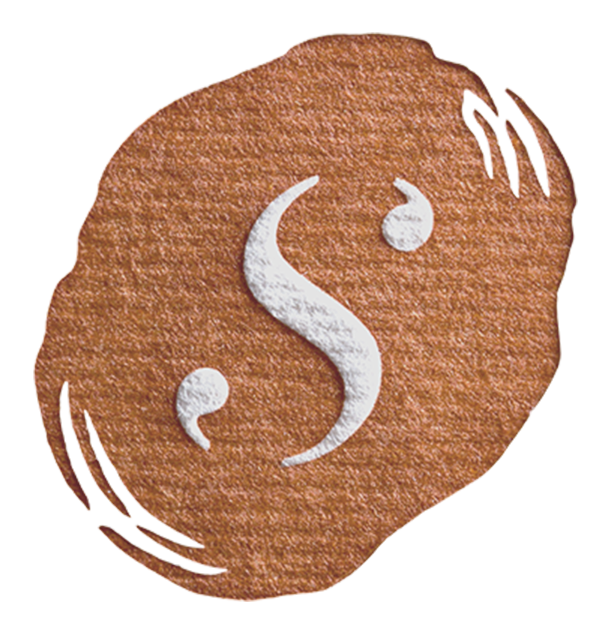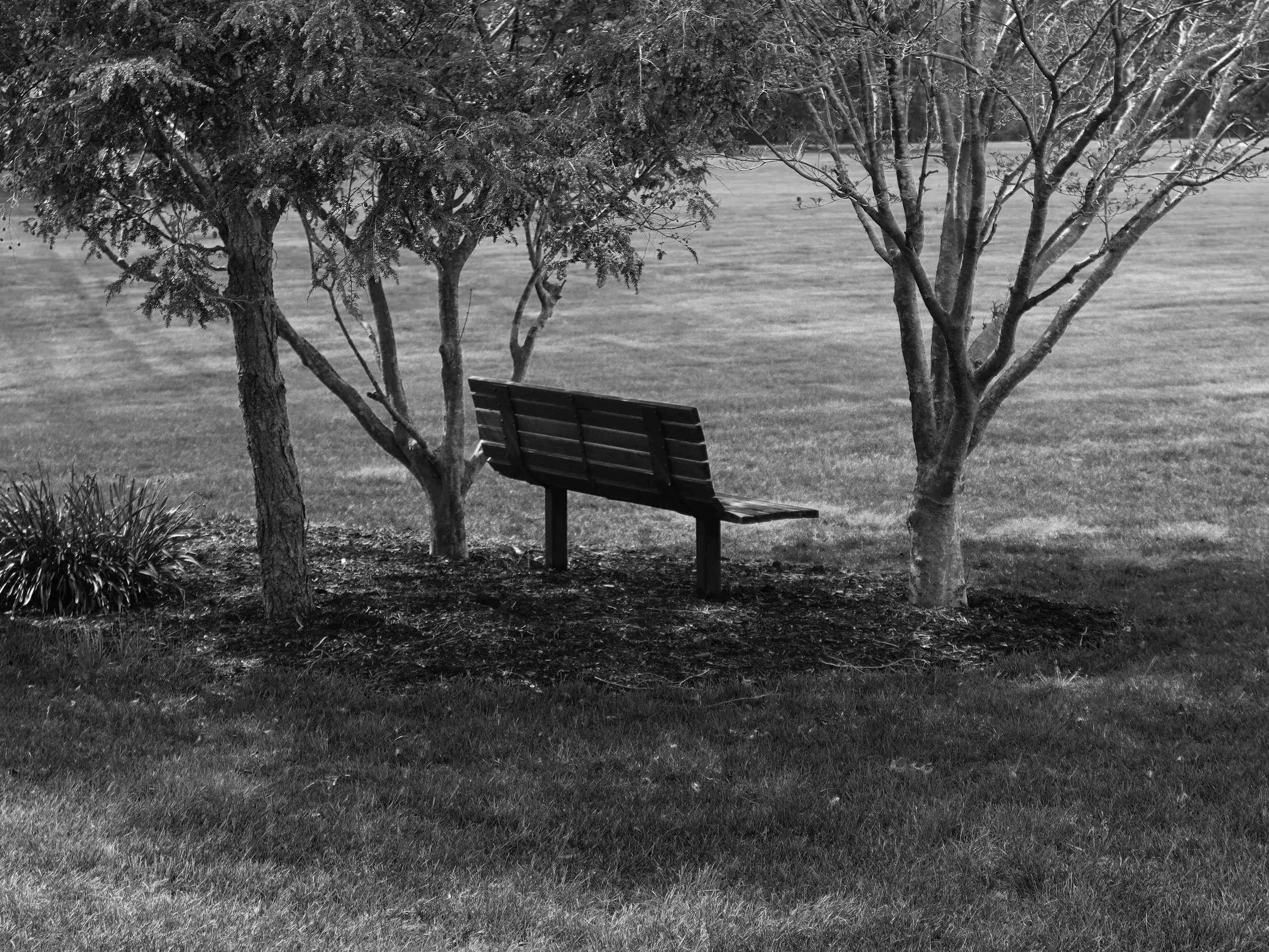A Life After Loss - Should I See a Therapist or a Mental Health Coach?
Words fail to describe what life is like after a loss. The language surrounding grief centers on “recovery,” as though it were an illness. That wording can cause people to make desperate efforts to “fix” their feelings. But grief is not an illness. It is a transformation. The task is not to erase it, but to integrate it - to weave the loss into the fabric of our future selves.
If you are seeking support as you navigate grief or loss, Studio Saudade is here to help. You can email us anytime or click here to schedule a free consultation. Together we will explore how to build the support system that best fits your needs.
This article explores the distinct but complementary roles of therapy and mental health coaching so that you can choose the right support — or combination — for your healing journey.
The Role of Therapy in Grief and Trauma
A therapist can help when:
You need to process the past and the losses that still ache.
Your grief feels entangled with old wounds or long-standing patterns.
You are undergoing significant anxiety, depression, or emotional pain.
You need a place for long-term healing and understanding.
Therapy is not about being “fixed.” It is about being seen. Together, you trace the thread of your pain - how the present connects to the past. This process reveals patterns, alongside discomfort — and the possibility of choice.
One way to think about the difference is through the body. A trauma therapist is like a skilled surgeon of the psyche - trained to go deep, address the wounds that cannot heal on their own, and repair what trauma has ruptured. A trauma-informed coach, on the other hand, is more similar to a physical therapist. We keep you present and grounded, reorient you to your strengths, educate with practical tools, and guide you through exercises that help you rebuild your life. Both are vital forms of care - one attends to what is broken; the other helps you relearn how to move forward.
The Role of Mental Health Coaching in Grief and Trauma
A mental health coach can help when:
You are not in a crisis. If you are in a crisis, please refer to this site for resources.
You want support around lifestyle changes, routines, or creating new rhythms.
You’re ready to focus on the present and future.
You feel hopeful about progress, and you want encouragement with accountability along the way.
If therapy is deep repair, then coaching is steady rehabilitation. At Studio Saudade, our network of grief and trauma-informed coaches includes practitioners with specialized training. As a Certified Trauma Care Practitioner, the coaching approach goes beyond surface-level support. While stories of grief and loss are heard, they are explored in ways that keep clients grounded in the present moment and in their bodies. This practical, somatic focus helps retrain the nervous system, building resilience and rediscovering inner strengths for the journey ahead. Coaches invite you to imagine what comes next: Who am I now, after this loss? What is my desired path?
Sometimes, Both
Grief asks us to hold contradictions: aching for what was while longing for what could be. Some days, you need a therapist to help share the weight; other days, a coach to help you rebuild.
Within the Studio Saudade network, coaching often serves as a bridge between the heaviness of the past and the possibilities of the future. Certified Trauma Care Practitioners help clients anchor in their bodies through small, tangible practices that restore a sense of safety. This creates space to carry the ache of grief while also taking gentle steps toward rebuilding a meaningful life.
It may help to imagine therapy and coaching as part of a spectrum of care. Therapists and coaches each bring unique training, niches, and lived experiences. Not all therapists have specialized training in grief and trauma, just as not all coaches have experience in somatic or mindfulness-based grounding skills. What matters most is finding the practitioner whose expertise and approach align with your needs at this moment in your healing. Are you still uncertain? For more details on the differences, please refer to this blog post: Therapy or Coaching: Which One Is Right for Me?
Studio Saudade coaches also provide support during times of crisis, assisting clients in assembling a comprehensive care team. This may include connecting clients with doctors, therapists, or community resources, ensuring they are not left to navigate complex healthcare systems alone.
Therapy can help heal your heart; coaching can help rebuild your life.
Stories of Hope
Here are a few ways therapy and coaching may meet you in different seasons of grief:
Healing Through the Loss of a Loved One
Perhaps you’ve already gone through therapy and cried through the depths of your grief. Even after therapy, the sense of being “stuck” can linger. The sorrow softens, but life seems subdued. You move through the motions, but aren’t moving ahead.
You may decide to work with a grief-informed coach. Unlike therapy, the focus is less on the loss and more on how you want to grow around the grief. Together with your coach, you identify goals for the future. These could include returning to hobbies, creating energizing routines, and rebuilding support systems. You start putting self-compassion into practice.
Coping With Anticipatory Grief
When a loved one is diagnosed with a terminal illness, anticipatory grief often begins before their death. Therapy gives words to what feels unspeakable— fear, sorrow, and dread. A therapist offers room to reflect on the family dynamics that can emerge within caregiving.
Coaching helps you show up for yourself and your loved ones without burning out. It reminds you that even in the hardest season, care for others and care for yourself are not in competition - they must coexist.
Managing the Grief of Transitions
Grief is not only a term for losing a loved one. It can also describe painful changes such as divorce, career changes, and identity shifts. Therapy helps you confront the loss of an imagined future. You may find yourself circling the same stories, aware of the pain but unsure what comes next.
Coaching poses a different question: How do you want to live now? With support, you design new rhythms, set goals, and reconnect with life. Slowly, the focus shifts from what ended to what might begin. Coaching offers not just coping, but the possibility of renewal.
We are here to help
Undergoing grief and trauma can make finding someone you trust daunting. You might wonder, “Who truly understands this?”
Strength begins in admitting that you cannot do it all alone. Vulnerability is not a weakness. The real weakness is pretending (or denying) you don’t need help, despite ongoing suffering.
If you’re seeking support, Studio Saudade is here to help. Please email us or schedule a free consultation. Let’s work together to build the right support system for you. Our network of coaches can walk alongside you as you navigate life after loss.
A Final Word
Grief compels us to find new ways of living in a forever-changed world. But you are not meant to do this alone.
Therapy helps restore mental health and heal wounds. Mental health coaching helps you find safety through learning new healthy habits and routines. It guides you to rediscover hope and create new rhythms of life.
To reach out to a therapist, coach, or both, is an act of courage. This step is a way of telling yourself: I deserve care. I deserve companionship.
Studio Saudade in Seattle is here to walk with you as you take that step - into healing, into honoring your needs, and into whatever comes next.
Written by Hannah Pomfret, Licensed Mental Health Counselor Associate (LMHCA)


